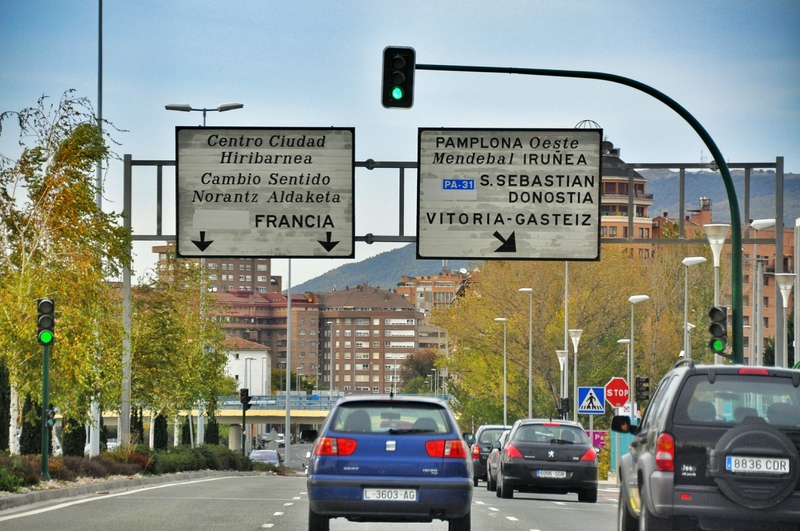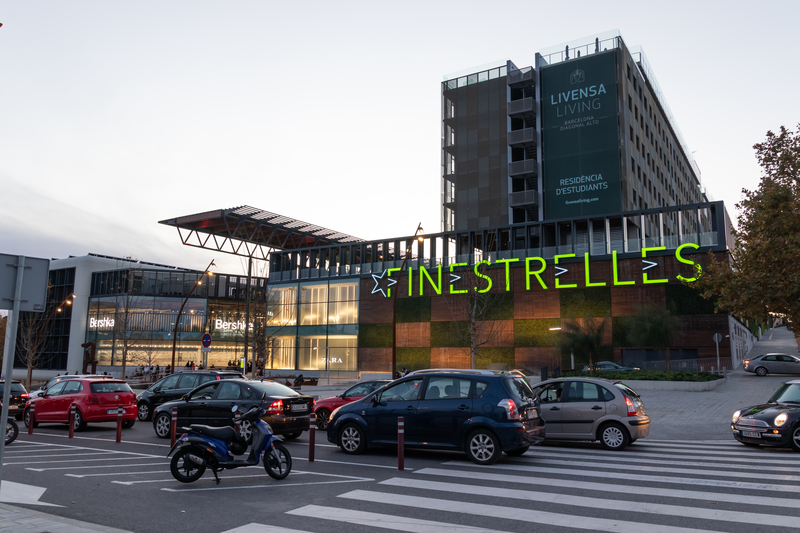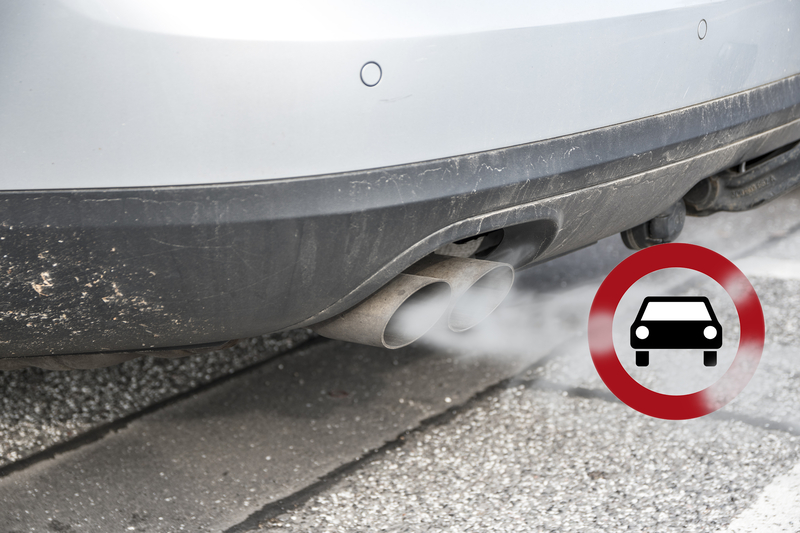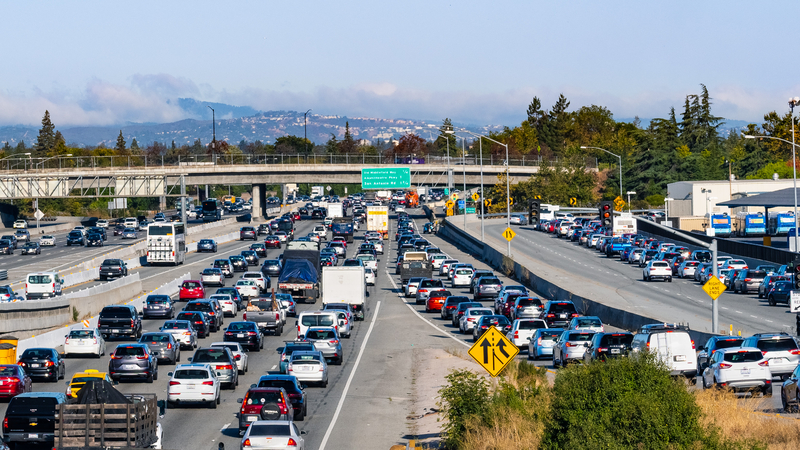
Abertis Mobility Services (AMS) is to help in a pilot urban tolling project, Ecopeaje, for the city of Valencia, which launches in June.
The Spanish city is one of 100 in Europe that is set to become carbon neutral by 2030 and Ecopeaje is one of the initiatives included in Missions València 2030, which has been set up to make Valencia healthier and more sustainable, improving people's quality of life.
At present, more than 50% of the city's emissions come from transport, so the plan is to use dynamic pricing to restrict the use of private vehicles and prioritise pedestrians, public transport, bicycles and scooters.
Ecopeaje is led by the Mesura Association, which brings together collaborators from different technical specialties in the collection and use of data for social transformation initiatives.
AMS has developed a cloud solution for intelligent traffic management through pay-per-use and pay-per-pollution, which is based on satellite technology and connected vehicles.
Along with Valencia City Council and Mesura, it will be setting up a fee structure based on five criteria - functional diversity, large family, self-employed, electric vehicles and residents - so that people can be charged different amounts to drive in the city based on the type of vehicles they use, or what their work shifts are or whether they have disabilities.
A Spanish climate change law which comes into force next year decrees that cities must discourage the entry of cars in polluted or congested areas.
Christian Barrientos, CEO of AMS, says: "According to data from the United Nations and the World Bank, 60% of the world's population will live in cities in 2030 and by 2050, it will be 70%, which implies that between a billion and 1.5 billion people in the world will be incorporated into cities and it is expected that the volume of cars will more than double compared to the current one.”
AMS says similar technology to the Valencia pilot is already in use in the US: in Oregon, Utah and soon in Virginia.












